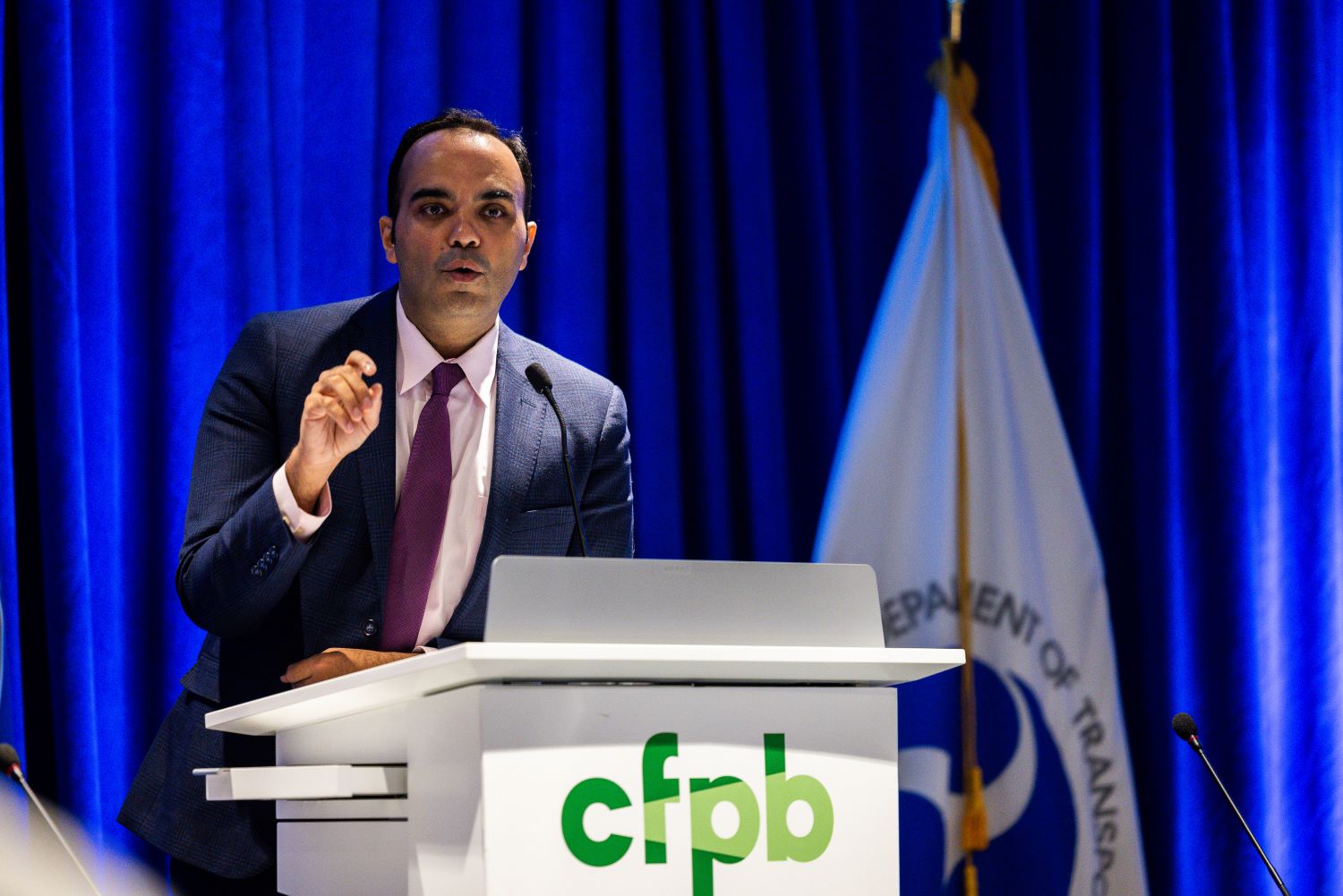The CFPB alleged that Experian conducted “bogus investigations” into errors on its credit reports
Experian regularly provides inaccurate information on credit reports that help determine whether consumers are approved for loans, jobs or housing and fails to properly investigate or correct errors when consumers dispute the errors, according to court case filed Tuesday by the Consumer Financial Protection Bureau.
CFPB data shows that last year the agency received 352,760 complaints from consumers about incorrect information appearing on their Experian credit reports, slightly fewer than the other two major credit bureaus. Consumers sent the agency 361,534 complaints about Equifax reporting errors and 378,538 complaints about TransUnion reporting errors.
“When consumers disputed errors on their credit reports, Experian conducted bogus investigations instead of properly reviewing the disputes as required by federal law,” CFPB Director Rohit Chopra said in a statement. “Mistakes in a credit report can have serious consequences for a family’s finances, and it is extremely important that the credit reporting giants comply with the law.”
Experian did not immediately respond to a request for comment.
When a consumer reports an error on their report to Experian, the company sends an Automated Credit Dispute Verification (ACDV) form to the provider of the disputed information, such as a bank, credit card company or debt collector. The form includes a code that is supposed to identify the reason the consumer is disputing the information so the data provider can investigate and respond, but according to the CFPB lawsuit, Experian routinely sends codes that “mischaracterize or fail to convey a highly relevant consumer dispute information’.
In some cases, the CFPB alleged that Experian used a code for the intentionally general category “Information claimed to be inaccurate. Has not provided a specific dispute’, even when the user has actually provided detailed information about the error.
Compounding these issues, Experian claims it places too much weight on the responses it receives back from data providers in response to these ACDV forms. The CFPB says consumers often provide evidence to support their disputes, such as the date and number of a discharged bankruptcy case or documentation showing that the data provider previously agreed to delete or correct the erroneous information.
“However, Experian routinely gave supporting documents no weight in dispute resolution and routinely did not conduct further reinvestigation of the dispute beyond the provider’s ACDV response,” according to the lawsuit.
In other cases, the CFPB alleges, Experian already has documents that prove the consumer is correct in its own files, but the company still fails to investigate the problem beyond sending and receiving the ACDV.
After Experian conducts its investigations, it sends consumers letters that should explain the outcome and what, if any, information has been changed. Those letters are often “confusing, ambiguous, incorrect and internally inconsistent,” according to the lawsuit.
The CFPB says Experian’s practices violate the Fair Credit Reporting Act and has asked a federal court to bar the company from future violations and order Experian to pay compensation to consumers harmed by its actions.








